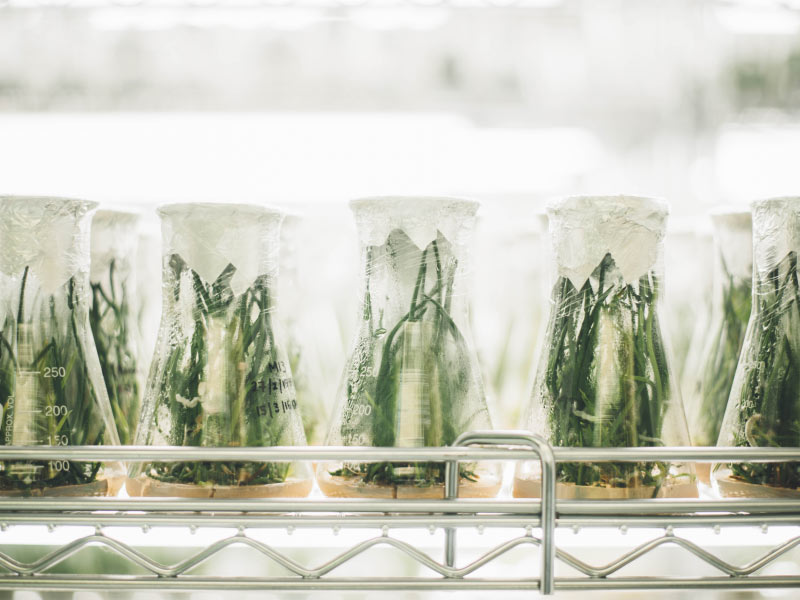Most people believe that a person who gambles too much brings addiction on themselves. Gambling is an addiction but research has shown that problem gambling is not something that the gambler has bought on by them but is a biological condition that the gambler cannot help themselves with.
It has been recognised that those who have a gambling addiction have less or lower levels of norepinephrine which is the same as those who suffer with chemical or substance abuse. A comparison was made between those who could gamble and easily walk away and with those who gamble and are unable to walk away. Those who could not easily walk away had far lower levels. Norepinephrine is released when a person is stressed or is experiencing a thrill.

In order for those with lower levels to get the same feelings they need to gamble more to make up for it. At the time of the research the subject’s brain image and waves were monitored by MRI while given the option of gambling in a situation in which they would either lose money, gain money or break even. Those subject’s with a gambling problem had similar brain images to those of a cocaine addict. Therefore without treatment the addiction would get worse over time.
Those with a gambling problem often showed that they had other issues. An good example of this is deep psychological problems. Further to these tests the subject’s mental problems and then adding a gambling environment would enhance the possibility of the subject suffering a gambling addiction as they were more amenable to develop a gambling problem.

It has also been suggested that gambling addiction is hereditary. If either parent of a child has a gambling problem then there is an increased probability that their children will have a gambling problem.
This used to be considered an old wife’s tale but if you take into account the lower levels of norepinephrine in the brain and mental health issues that can be genetic it makes more sense.
Treatment is available for those with a gambling problem that is based on biology but they are at an experimental stage. It stands to reason that administering drugs like anti- depressants or anxiety medication that increase levels of norepinephrine or serotonin could reduce the urge to gamble.
Getting help if you think you or a family member could have a gambling problem is very important. Those gamblers with biological issues have an increased risk of suicide. Treatment works best when started immediately and your GP is a great place to start on your road to recovery.
